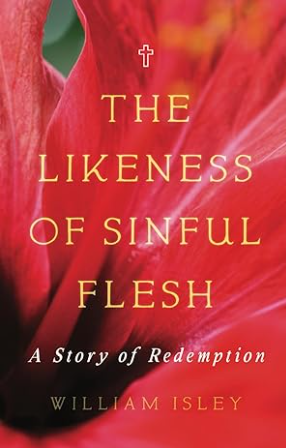I actually have had some correspondence with our next Christmas poet, Luci Shaw (b. 1928). Several years ago I sent her some doggerel that I hoped she would praise ecstatically. In an act of kindness she wrote back to me that my poems neither sang nor danced and that I would benefit from a course on writing. Thanks to her, except for intermittent delusional fits of grandeur, I have refrained from wasting my time and others with my poetry. Besides exemplifying why all of us should read poetry and few write it, Luci Shaw’s beautiful poem, “Mary’s Song” expresses the magnificent paradoxes of Christmas and the Christian faith.
Blue homespun and the bend of my breast
keep warm this small hot naked star
fallen to my arms. (Rest…
you who have had so far to come.)
Now nearness satisfies
the body of God sweetly. Quiet he lies
whose vigor hurled a universe. He sleeps
whose eyelids have not closed before.His breath (so slight it seems
no breath at all) once ruffled the dark deeps
to sprout a world. Charmed by dove’s voices,
the whisper of straw, he dreams,
hearing no music from his other spheres.
Breath, mouth, ears, eyes
he is curtailed who overflowed all skies,
all years. Older than eternity, now he
is new. Now native to earth as I am, nailed
to my poor planet, caught
that I might be free, blind in my womb
to know my darkness ended,
brought to this birth for me to be new-born,
and for him to see me mended
I must see him torn.
Shaw’s poem captures two elements of Mary’s experience related in the Gospel according to Luke. The first is the “How shall this be, since I have no husband?” question she asks the angel Gabriel (1:34). The angel’s response that it will be a work of the Holy Spirit certainly answers her query, but all the paradoxes of Shaw’s poem give voice to the reality that explanations of the faith only lead to greater mysteries. Mary wonders at holding in her arms “the body of God.”
Secondly, Shaw alludes to Simeon’s prophecy that a sword would pierce through Mary’s soul” (2:35). The cross, the central paradox of redemption, is made known to the mother of Jesus. He is “nailed” to our poor planet and is “torn” that we might be mended.
Next up are two short poems on trees and wood.


Our pastor just quoted this poem yesterday 12/8/19 and I was inspired to look for it. Glad you captured it a while ago.
Thank you for your comment, Bob, and I’m glad that my blog helped you find the poem. It is a vivid expression of the wonder of the Incarnation. If you’re interested, I shared several Christmas poem. They are in the section of that name. God bless.